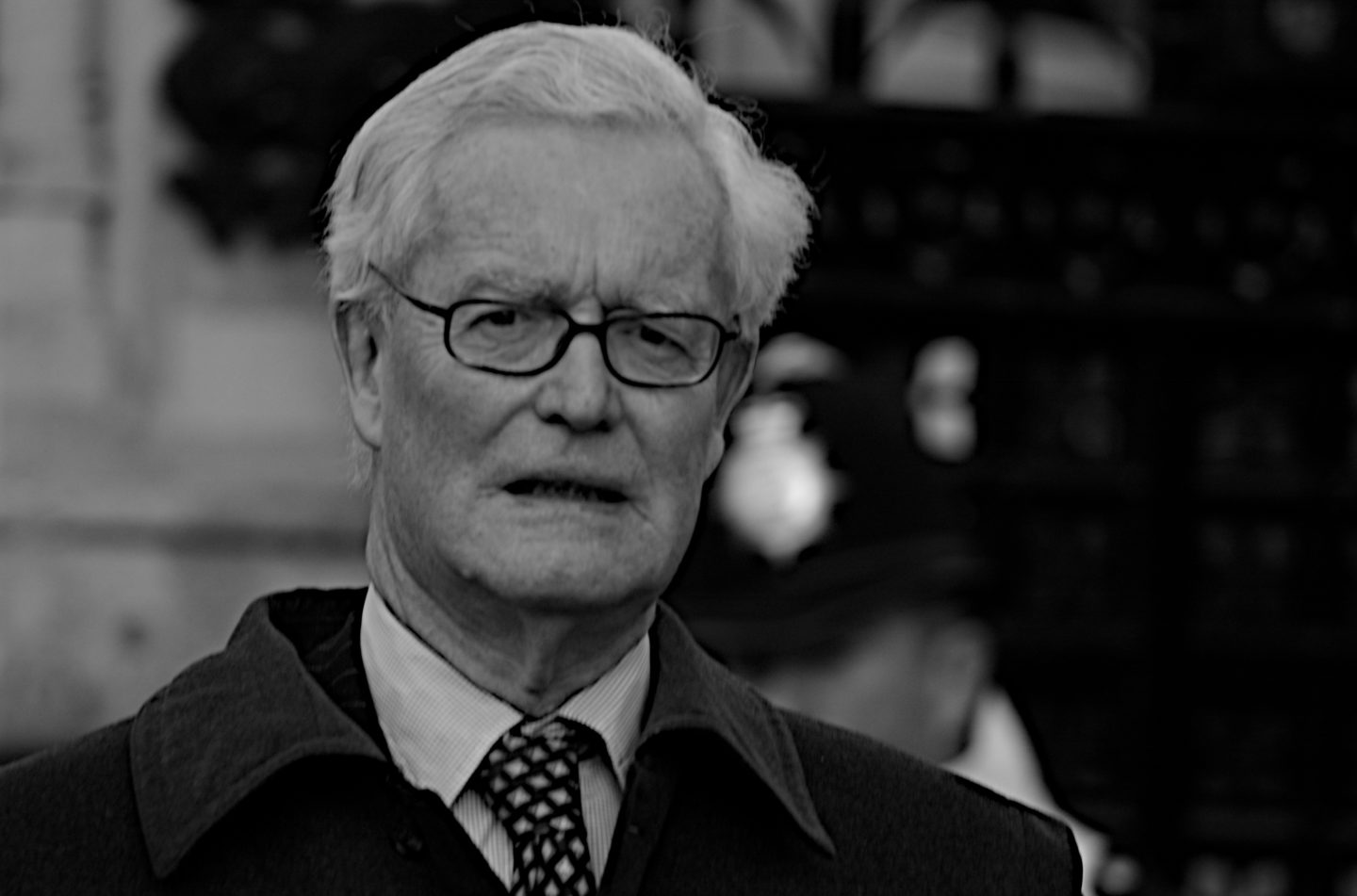Newly-released government documents show that in 1995 the UK Conservative government threatened to cut back naval co-operation with Nelson Mandela’s South Africa unless it bought Scottish warships.
Foreign Secretary at the time, Douglas Hurd, gave South African ministers the impression the UK would be less likely to respond to requests for military co-operation if they did not buy ships made in Glasgow’s Scotstoun shipyard.
A memo said the then Defence Secretary Malcolm Rifkind, the MP for Edinburgh Pentlands, would be tasked with presenting options for military co-operation dependent on South Africa buying the Scottish ships.
The discussions took place just a year after the Foreign Office’s Pergau Dam deal was declared “unlawful” by courts. It would have seen the UK build a £216 million dam in Malaysia in return for Malaysia buying UK-made arms.
Campaigners have accused the then government of “diplomatic blackmail”, while an Africa politics academic described the negotiations as “shameful”, particularly given the UK’s historic support for the apartheid government which repressed black South Africans.
After the racist system of apartheid was abolished, South Africa held its first free elections in 1994 and was then ruled by a government of national unity led by Mandela.
This government wanted to improve the South African Navy, which had been subject to an arms embargo during apartheid, by buying four corvette-class frigate warships for around £300 million.
The two arms companies who had been shortlisted for the contract were a Spanish company called Bazán and Yarrow, a private company building ships in Scotstoun.
During the Queen’s 1995 state visit to South Africa, documents released by the National Archives show that Foreign Secretary Hurd lobbied deputy president, Thabo Mbeki, and deputy defence minister, Ronnie Kasrils, on the corvette contract.
A March 1995 note from the UK ambassador to South Africa, Anthony Reeve, says: “The Foreign Secretary left with the impression that it would be more difficult for us to respond to South African requests for military cooperation if the corvettes contract went elsewhere.”
Reeve added that Hurd thought the Spanish bid was more likely to win but “our strongest suit is the broader defence relationship we can offer the South Africans with the corvette deal at the centre of it. thinks we should now think up ways to thicken this relationship, particularly perhaps on the naval side, but in ways which would be conditional on the corvette deal going ahead.”
Reeve said that these ideas should be in place for when Defence Secretary Rifkind visited South Africa in April 1995. A later Foreign Office note confirmed Rifkind lobbied for the contract on this visit although it does not go into detail.
Professor Ian Taylor, an expert on Africa from St Andrew’s University, pointed out that the Tories had argued against sanctions and other punitive measures on apartheid South Africa during the 1980s. “Now we see, two years after the first elections, that instead of apologising for British policy in the 1980s, the UK government was trying to compel newly-free South Africa to buy British,” he said.
“All governments try this stunt, but given the context it is rather shameful.”
Andrew Smith of Campaign Against Arms Trade said it was a “glaring example of how central arms sales have been to UK foreign policy and international relations” and “emphasises the extent to which government ministers have been prepared to work with arms companies to push for these deals and how they can be used for diplomatic blackmail”.
At the time of the negotiations Hurd had recently faced calls for his resignation over a similar incident in which the Foreign Office agreed to give the Malaysian government £216 million to build a dam in return for Malaysia buying UK-made arms.
This was declared “unlawful” by courts in 1994 and influenced Labour’s 1997 decision to create a Department for International Development, taking aid policy away from the Foreign Office.
Despite Hurd’s threats, the South African government decided to re-open the bidding process on consultants’ advice due to what a Foreign Office memo describes as “French allegations of irregularities in the bidding process”.
Government papers on the next stage of the bidding process have not yet been released but the contract eventually went to French and German companies, some of whom were investigated for corruption relating to the deal.
The corvette contract was part of a wider arms deal, which has become highly controversial. It has seen several South Africans jailed and has led to corruption charges against former President Jacob Zuma, who is currently awaiting trial.
Andrew Feinstein, an African National Congress MP who resigned from the party over the deal, accused former colleagues of corruption.
He told The Ferret that the UK had not followed through on its threat to reduce military co-operation because it was “very happy” that South Africa chose to buy Hawk jets which were made by British Aerospace in East Yorkshire and later under license by South African company, Denel, in Johannesburg.
This contract, he said, was “far more lucrative” than the corvette one. It was also investigated by the Serious Fraud Office and South Africa’s organised crime unit.
Hurd declined to comment. Rifkind and BAE Systems, which now owns Yarrow’s, did not respond to requests to comment.
The documents released by the National Archives
Archive Documents on Hurd and Mandela 1 (Text)
Archive Documents on Hurd and Mandela 2 (Text)
Photo thanks to Steve Punter via CC by 2.0.















Interesting article, Joe. There might be a link with another defence decision made by the UK Government in the mid 1990s. South Africa and the UK’s Royal Ordnance (then part of BAE Systems) were competing for a development contract for a new artillery propelling charge for the UK Army. I can’t remember the dates, but it was in the mid 1990s. Very surprisingly, South Africa won the competition. There was a bit of a ‘cloud’ over the gun firing results and I recall the decision was considered very contentious by many in the know at that time.
Interestingly, the propelling charge never completed development, but of more concern was the result that the ordnance factory at Bishopton in Renfrewshire closed. It would be interesting to read any papers now released on that subject.
I used to work at the Bishopton factory, but by then was working elsewhere, but I still have contacts who might have more information.